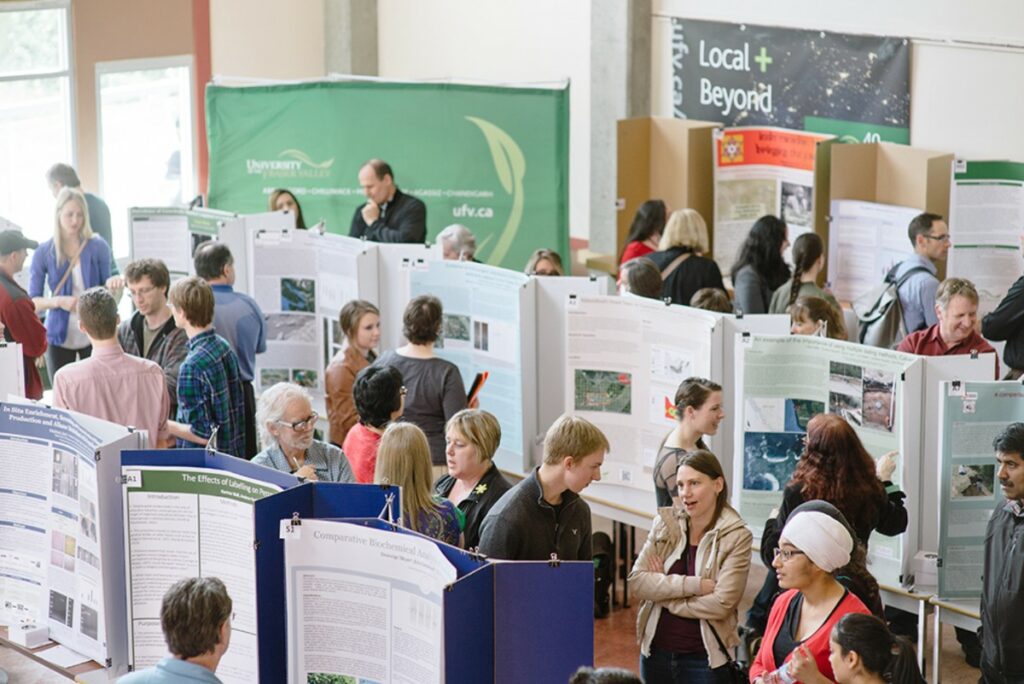Dialectic
Dialectic is the process of reasoned dialog and logical analysis. Argument is a form of dialect. Synonyms: Debate, Rational Discourse, Legal Analysis, Scholarship as a Conversation People engage in dialectics (spoken dialog or written dialog with others) Dialectics is sometimes referred to as the ceaseless debate–a recurring cycle of interpretation and reinterpretation. Legal discourse is built ...







